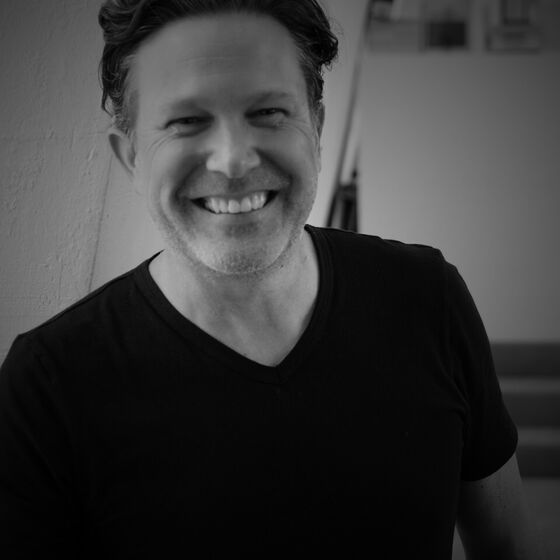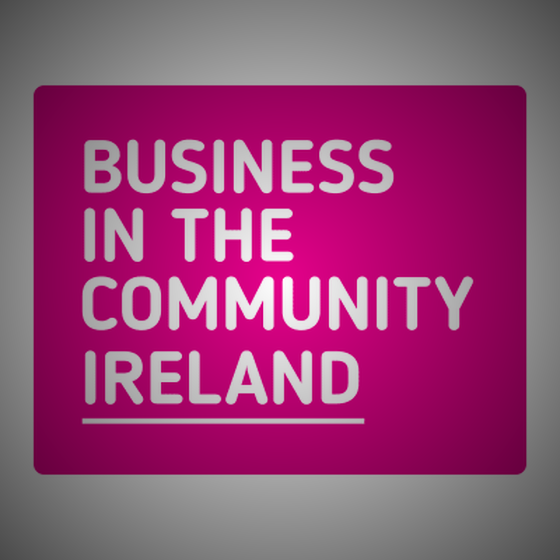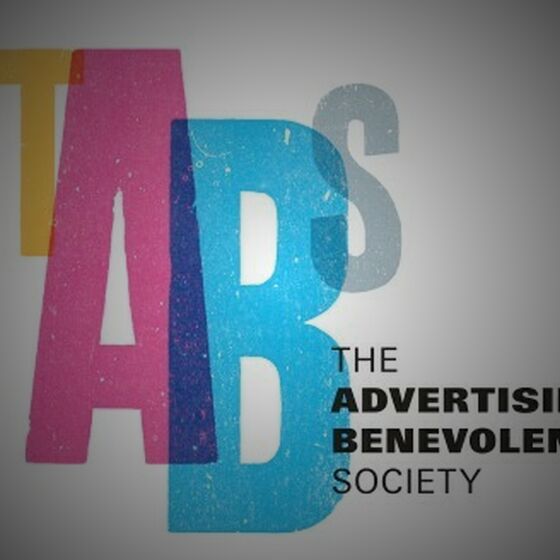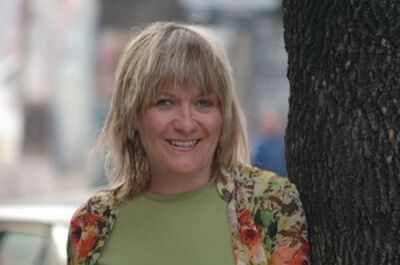This year we’ve had Merry Baskin, Planning Consultant, Baskin Shark (Where Brands Move Forward or Die!) over to host two sold out training programmes.
We decided to put in Merry in our hot seat and ask her a couple of questions;
1. Your Brand Planning Consultancy is called ‘Baskin Shark – where brands move forward or die!’ How did you come up with the name?
Sharks are known for never sleeping – they have to keep moving forward in order to breathe and if they don’t breathe, like most of us, they die. By swimming fast, sharks actively force water into their mouths for processing, sending it over their gill membranes and out the gill slits, and absorbing the oxygen from the water as it passes by.
Similarly, brands need to constantly evolve and update their offering, keep abreast of their consumers, adapt to the environment in which they operate, exploit the proliferation of media etc in order to ensure their legacy survives. A stagnant brand is a dead brand.
It started out as a joke in Campaign magazine when my intention to start my own brand consultancy was announced (because when they asked me what I was going to call it, I could not think of anything else at the time). I had plenty of calls from people saying how funny they thought it was so I decided to stick with it. People do ask me if I have a partner called Shark. No, just me; big mouth, sharp teeth.
Interesting there are several aquatic related Brand Planning consultancies – EatBigFIsh, Blue Ocean Strategy etc. Here’s a link to a poem about a Basking Shark:
http://www.scottishpoetrylibra...
2. What are the advantages /disadvantages of agency life vs working freelance? Any differences which were unexpected and surprised you?
Here is a list of 10 reasons why you should go freelance, and 10 reasons why you should not. Heaven forbid I should come out with a firm recommendation.
Why you should go freelance:
You (can) have a life outside work. This can be kids and family, a horse or a dog but basically something you’d like to spend more time with, or doing. This has the added advantage of giving you something (productive) to do during the ‘quiet periods’. Otherwise “you’d feel like a loose end half the time”.
You can work remotely, be it from a cottage in the Cotswolds or a villa in Cannes – and nobody need know, unless you tell them. (Probably not a good idea to boast to folk in a Canary Wharf tower block that you are sitting in the garden sunning yourself if you want to get any more work from them).
You love autonomy. You want greater control of your life. You can pace yourself by choosing your workload; from the heady full-on stretch of a new business pitch to the more leisurely nature of a qual project where you actually have time to ponder the findings and come up with a more creative, viable solution (rather than a quick fix).
You hate office politics or are crap at playing them. You resent all the time wasting that goes on; the e-mails clogging up your screen about make-up bags left in the Ladies Loo, the office hours, the bureaucracy, and the conventions.
You relish the chance to feed your head and stretch yourself a little – this can range from mastering book keeping to art direction to time management. Learning new skills (such as PowerPoint and Excel – my personal bêtes noire) are challenging but rewarding.
There is huge variety and challenge – no project is ever the same. Nor are the people you come into contact with. If planners are naturally curious about people, you’ll be working with all sorts of different (and interesting) folk, and not be on the same account for years and years.
You actually like being solely responsible for your own end product.
You hate routines; you adore flexibility, agility and spontaneity.
You have a whole year to pay the taxman. (Sadly this doesn’t apply to the VAT man who comes after you every three months). I STRONGLY recommend a hiring a bookkeeper, an accountant and an IT help desk.
You can get to pay in some embarrassingly large cheques if it works.
Why you should not go freelance:
When you haven’t got enough experience to do it on your own. “The people I’ve seen flounder are often doing it too early”
When you haven’t got any sort of reputation in the industry (e.g. never won any APG/IPA awards, never had your photo on Page 3 of Campaign, never even written an article for Sharp Stick or posted a blog on the APG website).
When you don’t like networking. Let’s face it, part of the alternative contrariness of the planner’s make up can mean some of us are socially challenged.
When you are utterly co-dependent on your PA to get you to meetings on time, have the right documentation with you, do your expenses, remind you to return phone calls. Not only will you never manage your diary, you’ll never get paid.
When you haven’t got good contacts in the industry, and no network to speak of, your spare room home office conversion may seem a little lonely. It can be quite hard to keep tabs on the industry without making a special effort – simply paying £220 a year for Campaign won’t do it for you.
When you haven’t got enough confidence in yourself. You get paranoid when the phone doesn’t ring for two days. You don’t like ringing people up cold to pitch your wares. When times are tough (as they often are) money worries can be a big issue. How much is left to pay on that mortgage? That regular monthly pay cheque represents big peace of mind.
When you don’t like being nomadic; freelancing can mean living abroad for a month at a time, schlepping all over the country doing groups, days on the tube criss-crossing all over London, with your lap top on your back. Tra la la. Instead, you feel at home in the office, and have decorated it with your certificates, awards, business books, files and family photos.
When you miss the culture of belonging that exists within a company. You know you’ll miss having some colleagues to complain with who understand who/what you are on about. As a freelancer, your friends will have little sympathy because they are secretly jealous.
When you don’t want work to become all embracing because you are either so paranoid about where the next job is coming from you take on everything at once, or because you are working from home so you never really switch off – it can take over your thoughts every minute of every day (including weekends).
When you enjoy status. This can be a job title, the corner office, the devoted PA, the Executive Club Gold Card, the lunches in Soho, the free newspapers and magazines, the adoration of your department.
Look before you leap
3. What skills are needed to be a good strategist?
Curiosity, rigour, insight, empathy, practical problem solving, imaginative, cynical challenger
4. Who in the world of advertising (past or present) do you most admire and why?
Too many to choose from – Jeremy Bullmore: brilliant, witty, insightful. Judie Lannon – first ever female planner who worked for Stephen King – mind like a steel trap, thoughtful and delightful. Jay Chiat – pioneering maverick, no bullshit, no prisoners. David Abbott – decency, integrity, talent – just awesome.
5. What is the best advice (career – or otherwise) you have ever received?
“If you can’t say something nice, then its better not to say anything at all”: my mother. That doesn’t mean to say I have ever taken heed of it!










